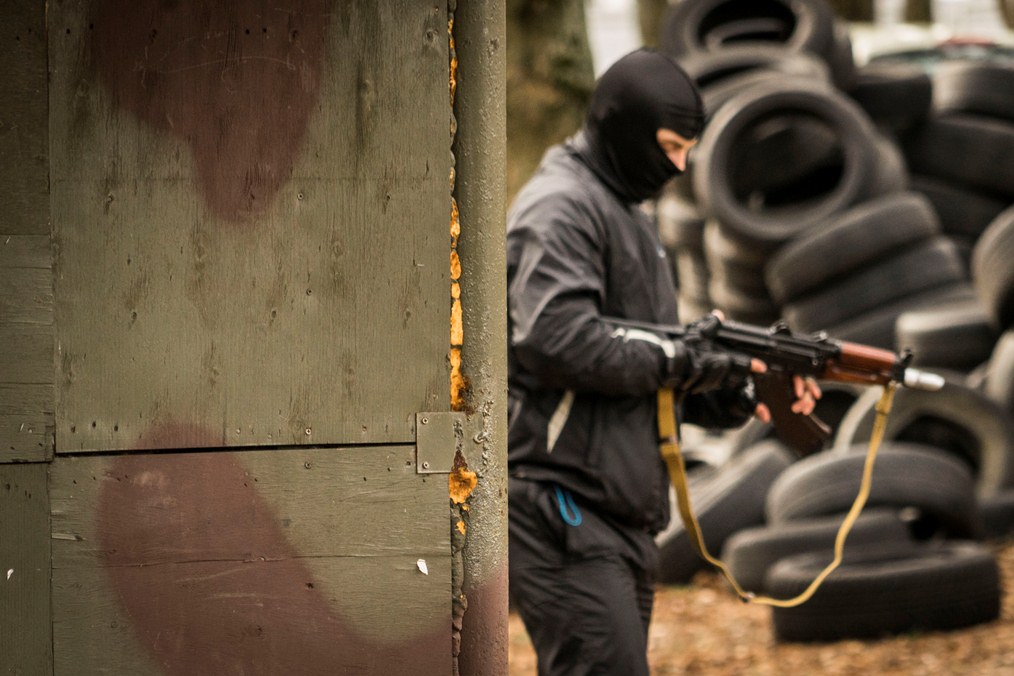LYON, France – Ahead of a meeting of the Global Coalition to Defeat ISIS, INTERPOL has underlined the need for military success against the group to be translated into actionable intelligence for police around the world.
With mounting pressure on former ISIS strongholds likely to result in increased numbers of battle-hardened terrorists returning home, fleeing to neighbouring countries, or joining other conflicts, it is vital that critical information left by retreating fighters and recovered by Global Coalition forces is quickly shared with the global law enforcement community through a secure multilateral platform.
Details of more than 18,000 Foreign Terrorist Fighters (FTFs) have now been shared via INTERPOL’s global network with an increasing amount being sourced from the conflict zones. Biometric data such as photos, fingerprints and DNA profiles have already led to the positive identification of terrorists around the world, including via facial recognition.
“Although there has been military success in Iraq and Syria, ISIS retains the ability to direct or inspire deadly attacks across multiple continents,” said Secretary General Jürgen Stock.
“Experience has shown the essential role that military-police cooperation plays in keeping pace with the threat as it disperses beyond the conflict zone. INTERPOL provides an established and trusted interface which supports this cooperation on a global level,” added Secretary General Stock.
INTERPOL projects Vennlig and Hamah have enabled evidence of terrorist activity collected from Iraq and Afghanistan to be shared with law enforcement, intelligence and defence agencies in more than 60 countries, leading to the identification of previously unknown terrorists and facilitation networks.
“Once terrorist information is shared at the global level, every traffic check, passport control or random search holds the potential for a break in a terrorism investigation or to foil an evolving plot,” said Mr Stock.
“However, countries worldwide need to ensure their frontline officers have direct access to INTERPOL’s databases in order to make these crucial identifications and prevent terrorists from traveling with ease to conduct attacks,” added Mr Stock pointing to the recent statements by the G7 and G20 calling for countries to make full use of INTERPOL’s information systems.
With an increasing number of individuals involved in terrorist attacks having a criminal background, Secretary General Stock also underlined the need for the most basic information stored in national police systems to be shared at the global level.
Fingerprint checks of arrested foreign nationals by one European country against INTERPOL’s databases resulted in 11 hits in just one two-week period in June.
Individuals linked to recent terrorist attacks in Europe, including at least one suspect travelling on a passport recorded in the Stolen and Lost Travel Documents database, had been subjects of INTERPOL alerts prior to the attacks.
“Unless and until countries ensure vital policing information is in the hands of frontline officers, the threat will continue to outpace our response,” said Secretary General Stock.
“The networks are in place, the officers are on our streets, we just need to make sure that all possible dots are connected,” concluded the INTERPOL Chief.




